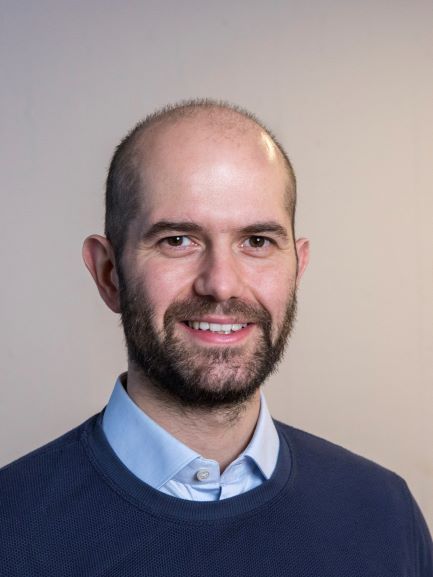Health Technology Engineering equips students to create innovative technical solutions to health challenges

Aalto University’s School of Electrical Engineering is launching a new Master’s programme in Health Technology Engineering in autumn 2024. The programme aims to equip students with the knowledge and skills to develop innovative technical solutions to current health challenges such as lack of healthcare accessibility, crudeness of personalised medicine, epidemics of mental health problems, and the impeding dynamics of aging populations.
The curriculum combines fundamental engineering knowledge with a practical understanding of health-related issues. This synergistic approach aims to prepare a new generation of engineering professionals able to address critical health challenges in a comprehensive and sustainable way. Notably, all three departments of the School of Electrical Engineering are significantly involved in both teaching and programme management, underscoring the interdisciplinary nature of the curriculum and its commitment to holistic engineering education.
‘You should choose this programme if you want to do medical engineering without sacrificing the engineering. You will graduate with a deep knowledge of electrical engineering, combined with a thorough understanding of how and where to apply that knowledge in the health technology industry,' says Professor Zachary Taylor, the head of Health Instrumentation and Wearables major.
‘Certain intricacies of human physiology are explored through biosensing and biosignal processing, while some essentials of human anatomy are considered through the study of biomechanical concepts. Courses such as Neurorobotics challenge traditional concepts of robotics and automation by placing humans at the centre of control loops, making them more intimate and interactive', says Professor Ivan Vujaklija, the head of the programme.
In addition, students will deepen their knowledge of embedded electronics, signal processing and automation, and gain insight into navigating the relevant regulatory frameworks.
‘This programme is perfect for students who are interested in health, biomedical and wellness applications and have an engineering mindset with a desire to solve real-world problems. It is unique within Aalto, even in Finland, in that it emphasises actual biomedical devices and moves from theory to practice when it comes to providing technology-based solutions to health-related problems,' says Professor Filip Elvander, the head of Health Robotics and Signal Processing major.
The health technology industry is in dire need of translational engineering skills to facilitate the transition of research innovations into patient outcomes. That's why graduates of this programme can expect a range of career opportunities in the dynamic field of global healthcare innovation.
In the future, graduates may design advanced medical devices, lead the way in pioneering telehealth solutions, or optimise healthcare technologies in clinical settings. Their roles may also extend to research, regulation and consultancy, shaping the global health technology landscape. Because of the dynamic nature of the field, individuals can choose to progress their careers from academic research to the forefront of global health technology start-ups.
A curriculum for the programme for years 2024-2025 and 2025-2026 has been published. Students with a Bachelor of Science degree from Aalto can already transfer to the programme. The first application period for other students will open at the end of 2024!
More information
- Published:
- Updated:
Read more news

Join Unite! Seed Fund Ideathon in Austria
Travel and accommodation are covered for accepted students. Apply by 6 October.
‘Off to a flying start’ – a new research team explores bacteria that thrive in extreme conditions
Jarno Mäkelä joined Aalto’s Department of Neuroscience and Medical Engineering as Assistant Professor of Biophysics in early September, together with research fellow Taras Redchuk, postdoctoral researchers Dan Noel, Eveliny Nery, doctoral researchers Ada Pajari and Aakeel Wagay, and research assistant Chris Hayes. They were accompanied by equipment, funding from the Academy of Finland and an ERC Starting Grant from the European Research Council.
Best Student Paper Award for Eloi Moliner – again!
The award-winning paper shows how speech recordings can be improved by removing the room reverberation effect using unsupervised machine learning

